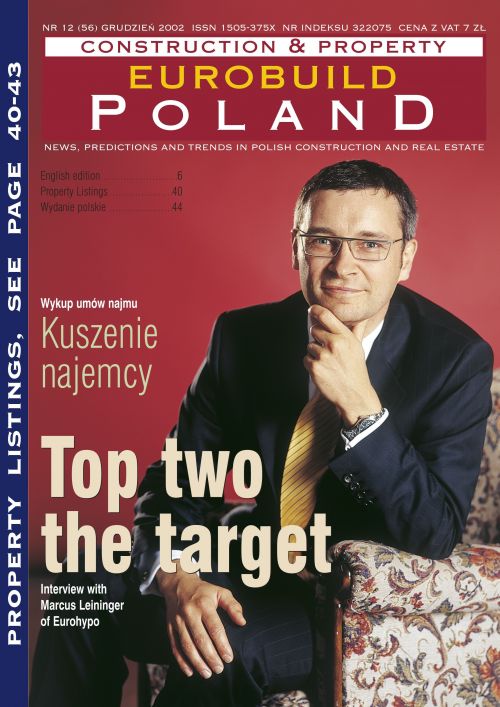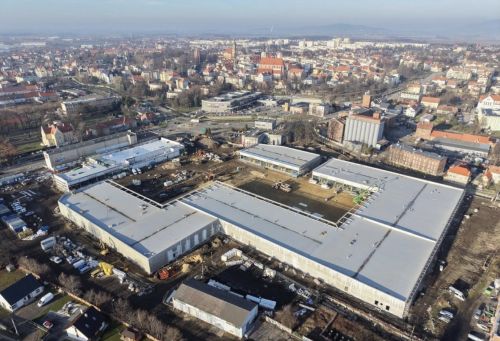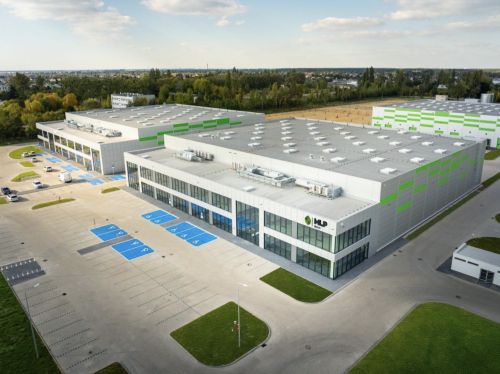The World Health Organisation's 'Highlights on Health 2001' report on Poland,
gave the percentage of adults who "maintain physical fitness by appropriate
regular activities" as 10%. This compared quite unfavourably with close
neighbours, such as the Czech Republic and Germany, in similar reports and is
hardly a statistic to encourage anyone with ambitions to open a fitness club
here, though Warsaw is starting to flex its muscles.
Statistics rarely tell the whole story and even during the Communist period
there was a strong sub-culture of working out in Poland. Gyms in dingy
basements, where mainly beefed-up men pumped away at masses of iron, were the
norm then and still exist to this day but they are daunting places for most
women and foreign residents. Alternatives have been slow to arrive, the first in
the form of fitness suites in five-star hotels, catering only for the very rich.
In recent years however, though till now overwhelmingly in Warsaw, a new breed
of club has




























































